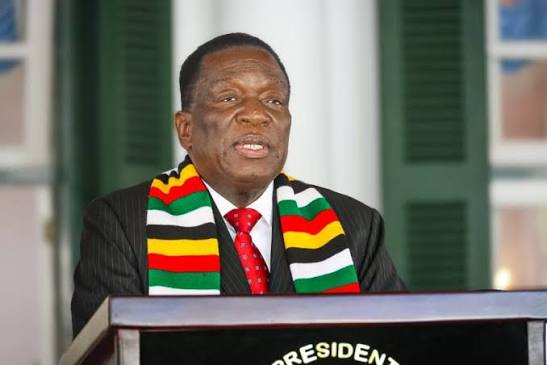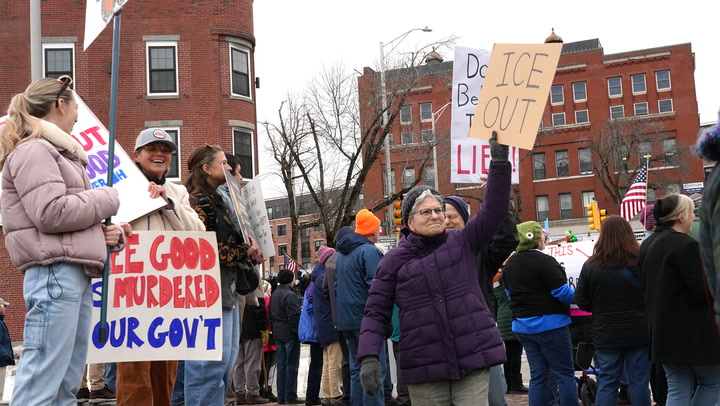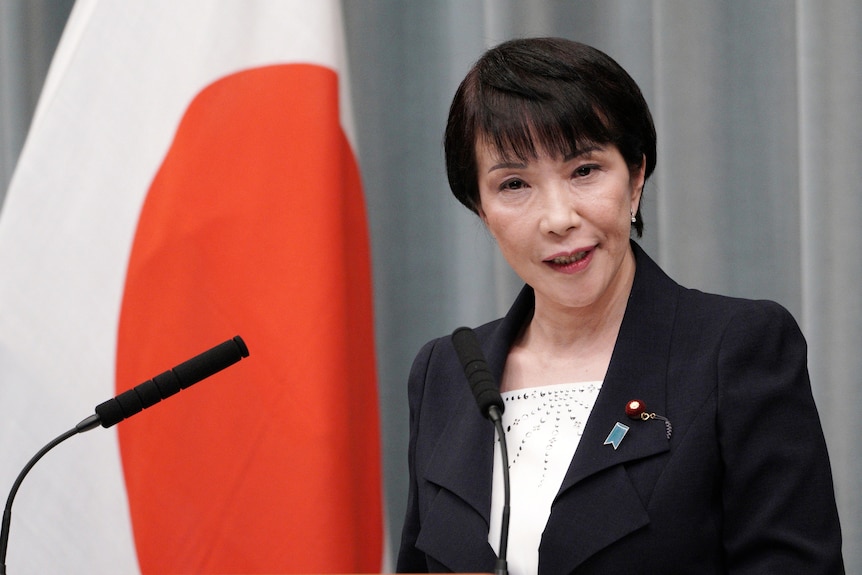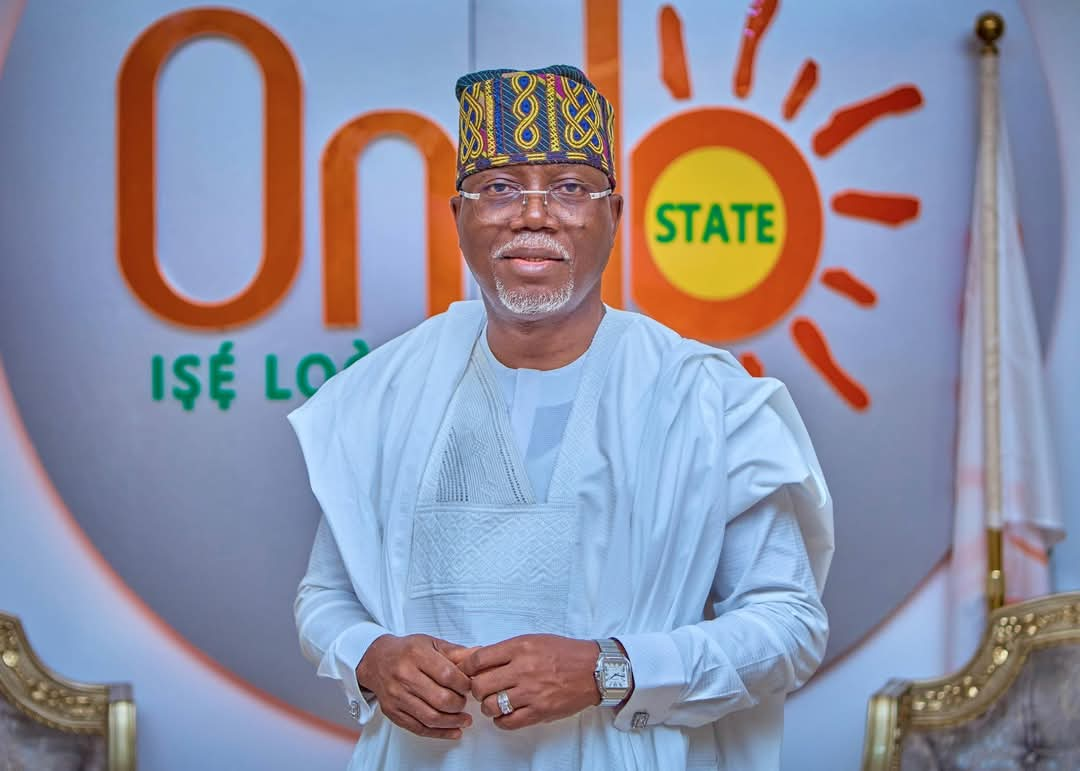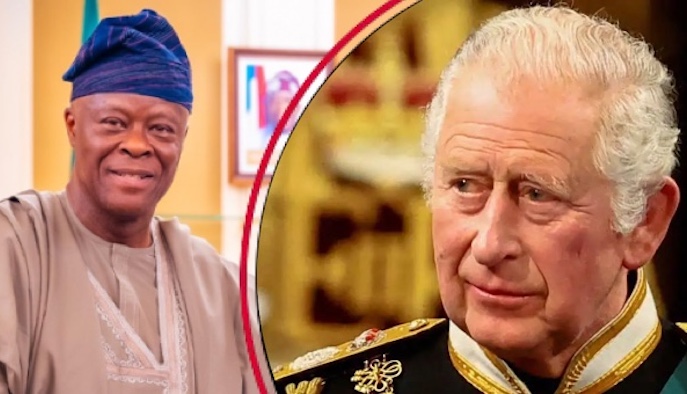Zimbabwe’s ruling ZANU-PF party has endorsed a proposal to amend the constitution and extend President Emmerson Mnangagwa’s term by two years, a move that opposition leaders have denounced as unconstitutional and a threat to democracy.
The resolution, adopted at the ZANU-PF annual conference on Saturday, would prolong Mnangagwa’s presidency until 2030 — beyond the constitutional limit of two five-year terms. The 83-year-old leader, who came to power after a 2017 military coup that ousted longtime ruler Robert Mugabe, is currently serving his second term, due to end in 2028.
“The party and government are therefore directed to initiate the requisite legislative amendments to give full effect to this resolution to ensure continuity, stability and the sustained transformation of the nation,” said Ziyambi Ziyambi, ZANU-PF’s legal affairs secretary and Minister of Justice, addressing delegates at the conference.
Read Also: Raila Odinga Funeral: Kenya Bids Farewell To ‘Baba’ In Bondo
The announcement has sparked outrage among opposition figures and civic leaders, who say the plan undermines the country’s constitutional order. Jameson Timba, a senior opposition leader and former lawmaker, condemned the proposal as an attempt to rule by “conference resolutions” rather than law.
“Zimbabwe should not be governed by partisan directives. We are a constitutional democracy, and the supremacy of the Constitution must remain non-negotiable,” Timba said in a statement on Sunday. He urged parliament and the justice ministry to clarify the legality of the resolution and called for “civic vigilance and peaceful defence” of democratic principles.
The push to extend Mnangagwa’s rule comes amid growing tension inside ZANU-PF, where a factional power struggle has emerged between Mnangagwa loyalists and allies of Vice President Constantino Chiwenga, the former army general who led the 2017 coup.
Chiwenga has recently been accused of “treasonous acts” by party insiders, though he has not publicly commented on the allegations.
ZANU-PF, which has ruled Zimbabwe since independence from Britain in 1980, controls a large parliamentary majority and could technically push through the constitutional changes if internal dissent is contained. However, critics warn that such a move would deepen political divisions and further erode public trust in government institutions.
“It is going to be the biggest challenge to the democratic forces in the nation on how we respond to this provocation by a political party whose modus operandi has always been predatory,” said Job Sikhala, convener of the National Democratic Working Group, an opposition advocacy platform.

